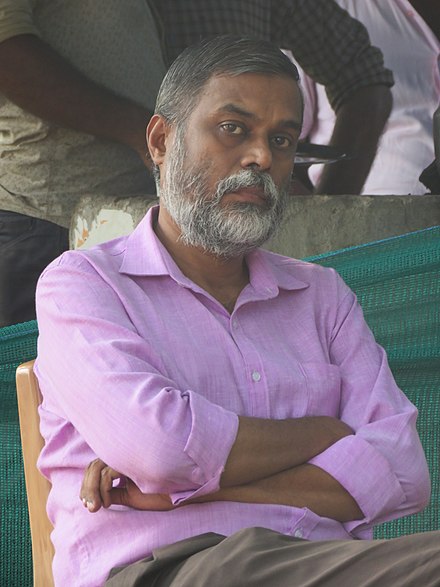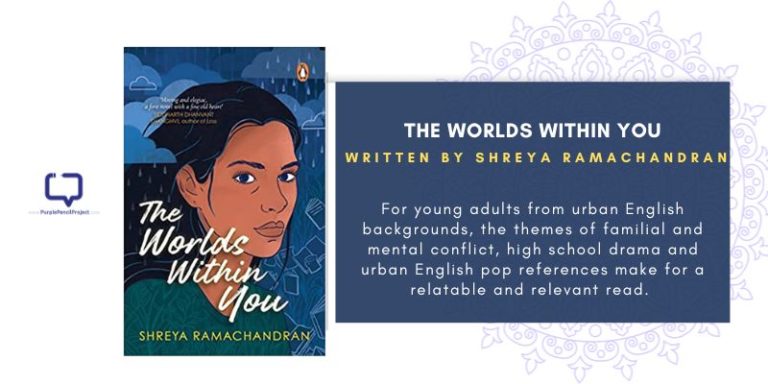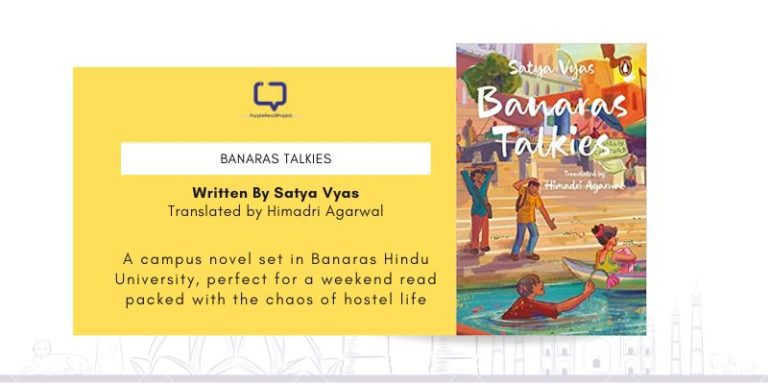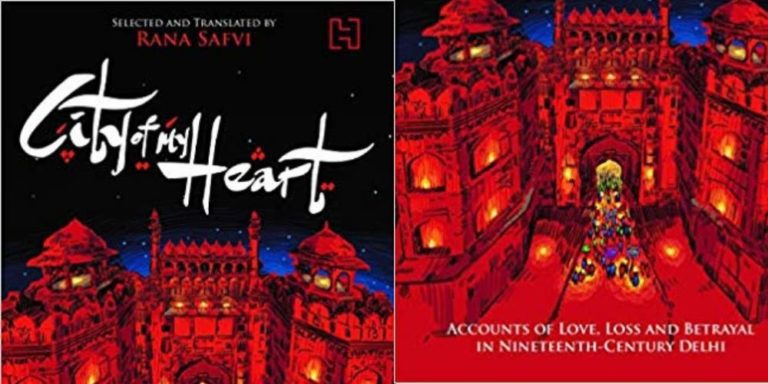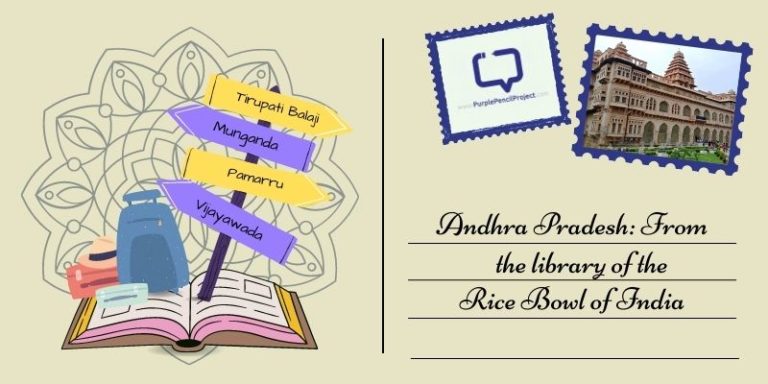This book is a part of our series, Kashmir Files, which seeks to present multiple perspectives on the history and social reality of the valley. T. D. Ramakrishnan’s Malayalam novel Andhar Badhirar Mookar is the first book in the series.
It’s a question that has been asked again and again after the release of Kashmir Files; do writers and artists need to be socially responsible? Does their work need to respond to the happenings in society? Are their identity and work committed to much more than personal gain and recognition? Do they have the creative liberty to twist the depiction of history? Though these questions are still unresolved, Malayalam writer T D Ramakrishnan is sure about his commitment as a socially responsive writer, and his novels illustrate it.
Andhar Badirar Mookar (Blind, Deaf-and-Dumb) is Ramkrishnan’s response to the Modi government’s announcement of withdrawing Kashmir’s special status and dividing the state into two union territories. In the preface, he records that Fathima Nilofer, a Kashmiri woman killed by the military forces, wrote this story sitting inside his mind. Ramakrishnan is letting Fathima tell Kashmir’s story itself, an act of subversive storytelling against the hegemonic narrative of the government in power. If you have watched and enjoyed Kashmir Files, this book is a must-read.
We encourage you to buy books from a local bookstore. If that is not possible, please use the links on the page and support us. Thank you.
For context, Kashmir has always been the point of contention between India and Pakistan. According to the Indian government’s narrative, Kashmir’s special status is one primary reason behind the internal discords, lack of progress and the growth of terrorism in the state. So revocation of Article 370 and reorganization of the state – without even consulting the people of Kashmir, the real stakeholders – has been seen as the sole solution to resolve the crisis. This context constitutes the novel’s setting.
The Other Side of the Narrative
Through Andhar Badhirar Mookar, Fathima recounts the other side of the grand narrative of Kashmir – the story of repression, suffering, loss, and constant conflict in Kashmir. Fathima is a widow, a journalist at Jhelum Times, and an active member of Kashmiri Women for Peace (KWP). She represents the entire Kashmir population denied azaadi (freedom) and Muslim women who have been tolerating systemic oppression and abuse for ages. Fathima’s mother, Nilofer Bhatt, a school teacher, was gang-raped by the armed forces during one of the internal conflicts in Kashmir. So, for Fathima, “father” is the symbol of control, hatred, arrogance, and invasion.
Fathima’s late husband, Omar, was a Jammu Kashmir Liberation Struggle (JKLF) leader, who was killed. It was widowhood that prompted her to work for KWP. The loss and incessant suffering lead the Kashmiri women to think that instead of azaadi and the distress-evoking actions it demands, aman (peace) is needed most in the valley. Their KWP attempts to restore peace in Kashmir with the motto “Give Power to Woman and Say No to War!”(p. 38). Though their actions bring small positive changes in society, the pronounced curfew at the outset of the suspension of Article 370 disrupts their functioning completely.
The writer points out the Modi government’s contradicting action of forcefully shutting the eyes, mouth, and ears of the entire Kashmir, silencing the whole population, and then declaring that the system has only the best interest, which is to assure peace and prosperity to Kashmir and its people. Kashmir carries decades-long violence, discords, mass exterminations, enforced disappearances, oppressions, and migrations. So it is difficult to resist the spread of hatred among the Kashmiri people. The novel discusses the reason behind the origin of liberation forces in Kashmir, the flourishing of religious fundamentalists and the deep trauma and hatred that repressive government and armed forces leave in people’s minds. These inquiries emancipate the political character of the novel. It’s a nuanced depiction of the valley and does not polarize opinion, unlike the Kashmir Files.
When a government in power suspends all communications, including media and the internet, and proclaims that these regulations are for restoring the peace and democracy of the state, being a socially committed writer, Radhakrishnan could not resist exposing the political injustice and human rights violations behind this act. Lalla Arifa’s stories that Fathima tells her son to ease his pellet-gun eye injury pain are not mere mythical stories but include the responses to their social situations, expectations for the future, thoughts on fear and feeling of indifference. The novel ends with a prayer that, from the waves of adversity, let people in Kashmir be able to walk into a tomorrow – of freedom and peace.
Conclusion
Ramakrishnan’s writings encompassed political issues and often initiated further discussions. Like Sugandhi, his protagonist in the novel, Sugandhi Oru Andal Devanayaki (Sugandhi Alias Andal Devanayaki in English), Fathima would like to mark her life in history and attempts are visible throughout the novel. The author is successful in portraying the concepts “nationalism”, “identity”, “citizenship”, and “freedom” through the lens of the Kashmir population.
One of the best quotes about Kashmir in the novel:
Fathima says,
“Njan oru indiakkariyano ennenikkurappilla. Kashmiriyanennathil samshayavumilla”
(roughly translated as)
“I am not sure whether I am an Indian. But, a Kashmiri, without any doubt” (p. 112).
Andhar Badirar Mookar, unsettles our hearts even after finishing reading.









